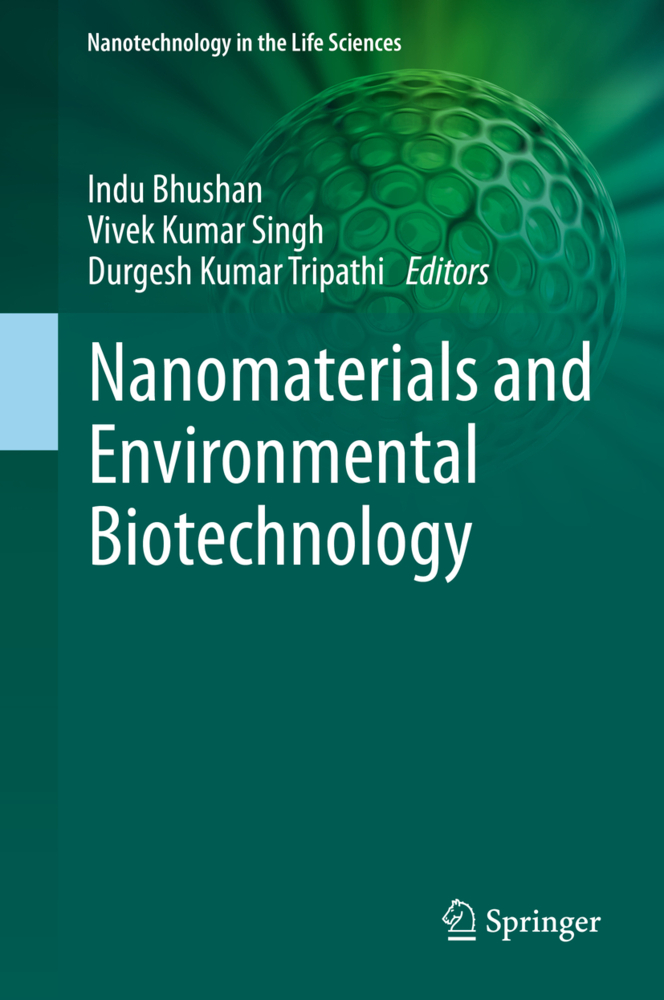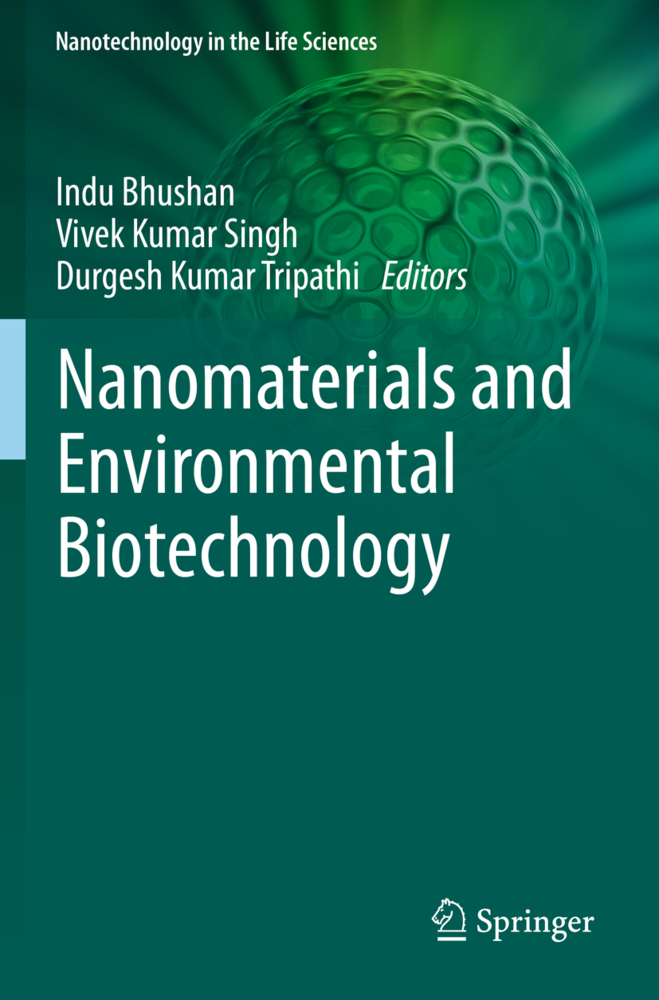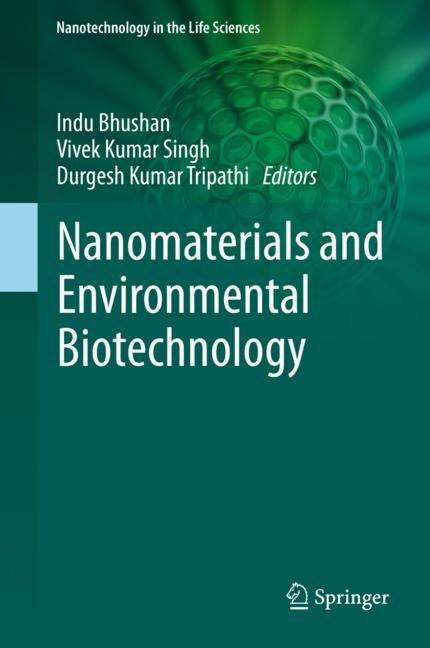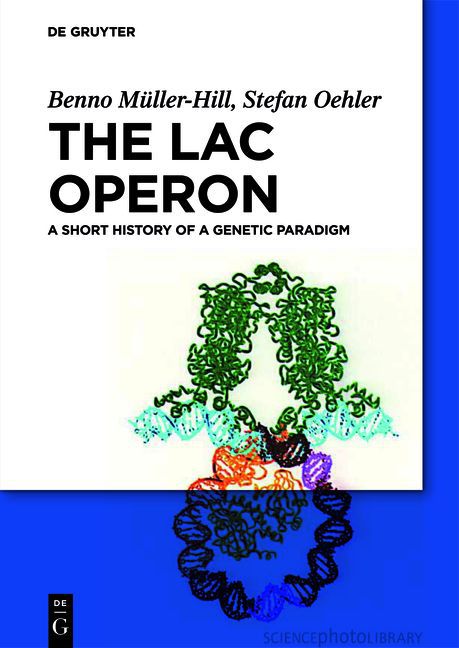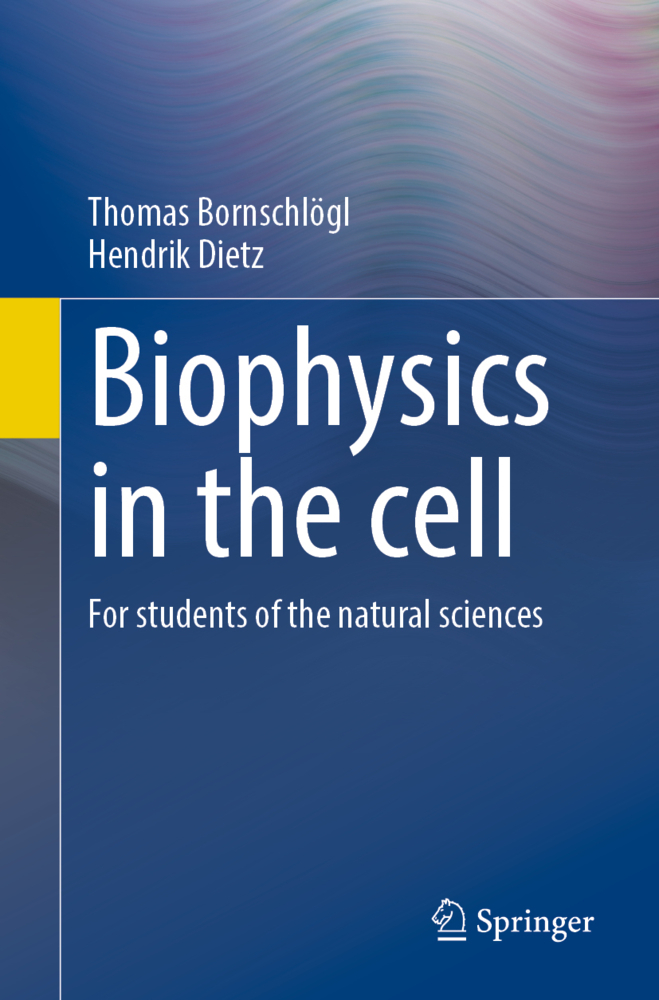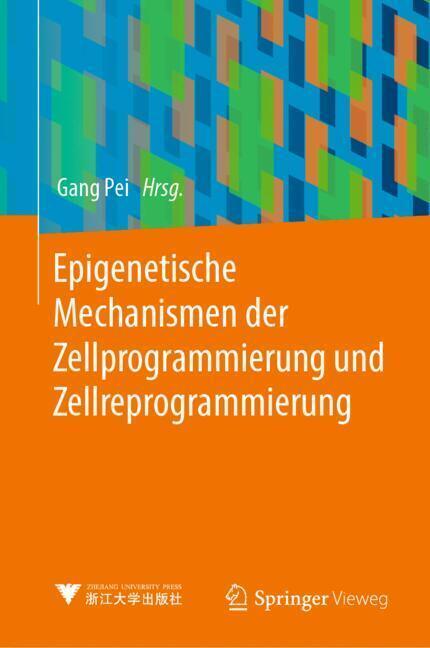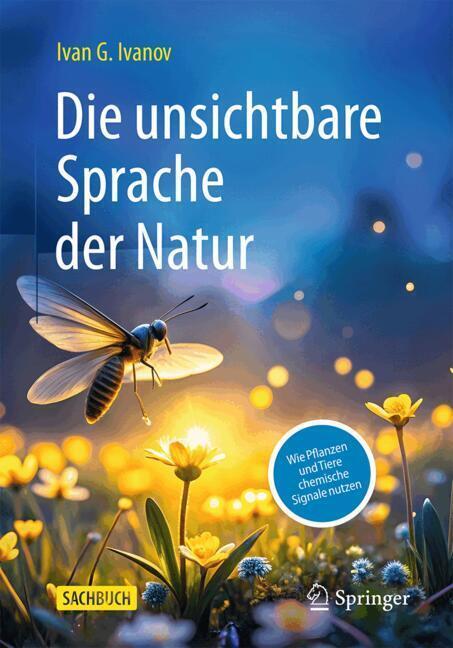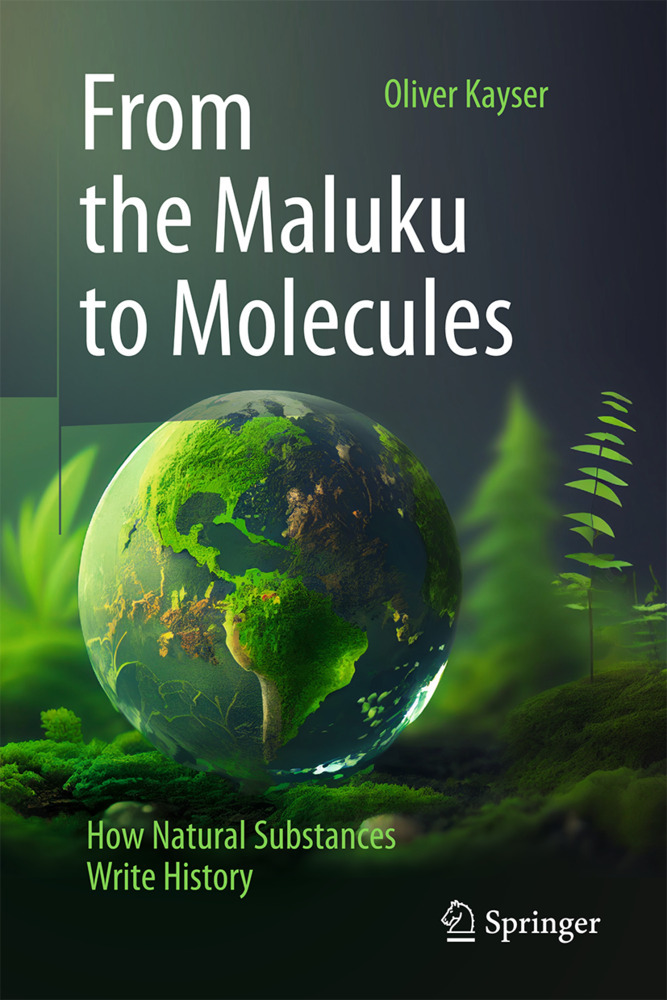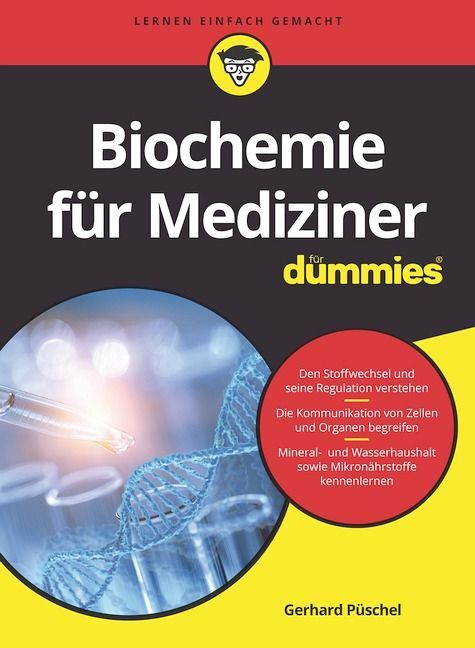Nanomaterials and Environmental Biotechnology
Nanomaterials and Environmental Biotechnology
Nanotechnology is considered as one of the emerging fields of science. It has applications in different biological and technological fields which deal with the science of materials at nanoscale (10-9). On the other hand, biotechnology is another field that deals with contemporary challenges. Nanobiotechnology fills the gap between these two fields. It merges physical, chemical, and biological principles in a single realm. This combination opens up new possibilities. At nanoscale dimensions, it creates precise nanocrystals and nanoshells. Integrated nanomaterials are used with modified surface layers for compatibility with living systems, improved dissolution in water, or biorecognition leading to enhanced end results in biotechnological systems. These nanoparticles can also be hybridized with additional biocompatible substances in order to amend their qualities to inculcate novel utilities. Nanobiotechnology is used in bioconjugate chemistry by coalescing up the functionality of non-organically obtained molecular components and biological molecules in order to veil the immunogenic moieties for targeted drug delivery, bioimaging and biosensing.
This book blends the science of biology, medicine, bioinorganic chemistry, bioorganic chemistry, material and physical sciences, biomedical engineering, electrical, mechanical, and chemical science to present a comprehensive range of advancements. The development of nano-based materials has made for a greater understanding of their characterization, using techniques such as transmission electron microscope, FTIR, X-ray diffraction, scanning electron microscope EDX, and so on. This volume also highlights uses in environmental remediation, environmental biosensors and environmental protection. It also emphasizes the significance of nanobiotechnology to a series of medical applications viz., diagnostics, and therapeutics stem cell technology, tissue engineering enzyme engineering, drug development and delivery. In addition this book also offers a distinctive understanding of nanobiotechnology from researchers and educators and gives a comprehensive facility for future developments and current applications of nanobiotechnology.
Preface
Nanoparticles and Plant Interaction with Respect to Stress ResponseNanoencapsulation technology: Boon to food packaging industries
Ecotoxicity of Metallic Nanoparticles and Possible Strategies for Risk Assessment
Tripartite Interaction among Nanoparticles, Symbiotic Microbes and Plants; Current Scenario and Future Perspectives
Effect of nanoparticles on plant growth and physiology and soil microbes
Recent Trends and Advancement towards Phyto-Mediated Fabrication of Noble Metallic Nanomaterials: Focus on Silver, Gold, Platinum and Palladium
Development of environmental biosensors for detection, monitoring and assessment
Nano-based materials and their synthesis
Nano based composites and their synthesis
Appraisal of chitosan-based nanomaterials in enzyme immobilization and probiotics encapsulation
Nano based drug delivery tools for personalized nanomedicine
Nano-technology as Potential and Innovative Platform towards Waste Water Treatment: An Overview
Solid lipid nanoparticles
Nanotechnology Applications and Synthesis of Graphene as nanomaterial for nanoelectronics
Efficiency enhancement of renewable energy systems using nanotechnology
Waste Water and Industrial Effluent Treatment by using Nanotechnology
Biomolecular and cellular manipulation and detection (Nanofluidics, Micro- and Nanotechnologies in Integrative Biology)
Bio-based Nano-lubricants for Sustainable Manufacturing
Nano materials used for delivery of bioactive
Efficacy of nano-phytochemicals over pure phytochemicals against various cancers: Current trends and future prospects
Index.
Bhushan, Indu
Singh, Vivek Kumar
Tripathi, Durgesh Kumar
| ISBN | 978-3-030-34543-3 |
|---|---|
| Artikelnummer | 9783030345433 |
| Medientyp | Buch |
| Copyrightjahr | 2020 |
| Verlag | Springer, Berlin |
| Umfang | IX, 434 Seiten |
| Abbildungen | IX, 434 p. 67 illus., 53 illus. in color. |
| Sprache | Englisch |

